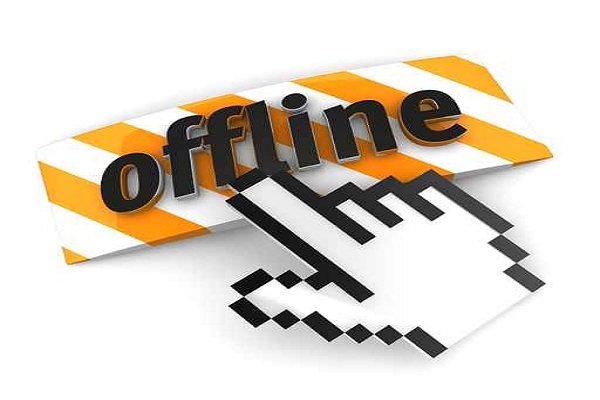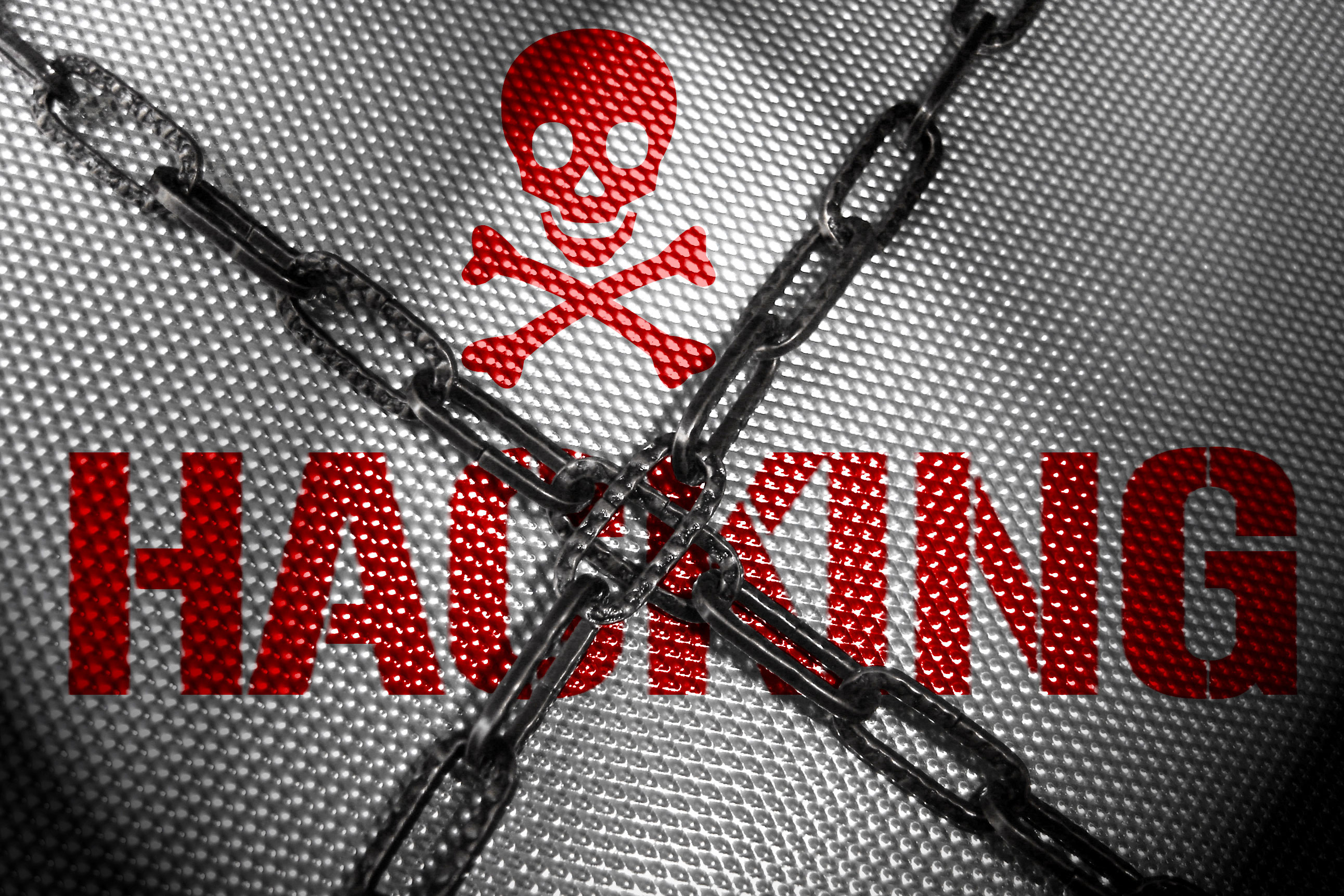LulzSec hacks: Time to play the game
Following some notable hacks on Sony and Nintendo, Tom Brewster asks why are gaming firms being targeted?


Sign up today and you will receive a free copy of our Future Focus 2025 report - the leading guidance on AI, cybersecurity and other IT challenges as per 700+ senior executives
You are now subscribed
Your newsletter sign-up was successful
Outside of updating operating procedures, what can entertainment businesses take away from the Nintendo and Sony hacks? Only one thing get the right protection now.
According to a number of security professionals, Sony just didn't have the right protections in place.
"The most important two threats are data disclosure and downtime as a result of DDoS," Cosoi told IT PRO.
"For the first issue, they should make sure that any data that can leave their premises is encrypted and useless for the attacker. The incident that took place on Friday revealed that Sony had been storing passwords in plain text, which is absolutely unacceptable, especially when the user base exceeds one million entries."
To protect against DDoS attacks in particular, Cosoi recommended considering a re-design of server network architecture, complemented by DDoS protection technologies.
If you're a games company holding gamer data, invest in this kind of security now if you don't have it already. In fact, Cosoi's advice goes for every organisation holding valuable customer data as they are a target.
And if you don't think you're a target at all, you're wrong. Everyone is.
Sign up today and you will receive a free copy of our Future Focus 2025 report - the leading guidance on AI, cybersecurity and other IT challenges as per 700+ senior executives
Tom Brewster is currently an associate editor at Forbes and an award-winning journalist who covers cyber security, surveillance, and privacy. Starting his career at ITPro as a staff writer and working up to a senior staff writer role, Tom has been covering the tech industry for more than ten years and is considered one of the leading journalists in his specialism.
He is a proud alum of the University of Sheffield where he secured an undergraduate degree in English Literature before undertaking a certification from General Assembly in web development.
-
 Sumo Logic expands European footprint with AWS Sovereign Cloud deal
Sumo Logic expands European footprint with AWS Sovereign Cloud dealNews The vendor is extending its AI-powered security platform to the AWS European Sovereign Cloud and Swiss Data Center
-
 Going all-in on digital sovereignty
Going all-in on digital sovereigntyITPro Podcast Geopolitical uncertainty is intensifying public and private sector focus on true sovereign workloads
-
 Anonymous hijacks Russian broadcasts with footage of Ukraine war
Anonymous hijacks Russian broadcasts with footage of Ukraine warNews The hacking group said it managed to manipulate the broadcasts of three major Russian state-backed media organisations
-
 Anonymous hackers flood ISIS Twitter accounts with gay porn after Orlando shooting
Anonymous hackers flood ISIS Twitter accounts with gay porn after Orlando shootingNews Hacktivists hijack pro-ISIS Twitter accounts in retaliation for Orlando massacre
-
 Anonymous takes down Nissan in dolphin culling protest
Anonymous takes down Nissan in dolphin culling protestNews The hacker group launched a DDoS attack on the company's global and Japanese websites
-
 Anonymous vs ISIS: Hackers claim ISIS twitter accounts linked to DWP IP addresses
Anonymous vs ISIS: Hackers claim ISIS twitter accounts linked to DWP IP addressesNews Hacking group find link between unused UK government IP address and ISIS twitter accounts
-
 Anonymous hacks ISIS-affiliated Facebook & Twitter accounts
Anonymous hacks ISIS-affiliated Facebook & Twitter accountsNews Hacking collective declares open season on social media accounts linked to Islamic extremists
-
 Anonymous attacks Islamic extremist website over Charlie Hebdo attack
Anonymous attacks Islamic extremist website over Charlie Hebdo attackNews The hackers took down website ansar-alhaqq.net as part of #OpCharlieHebdo
-
 Majority of hidden Tor site requests lead to child abuse images
Majority of hidden Tor site requests lead to child abuse imagesNews A study has uncovered 75 per cent of hidden site traffic points to images of child sexual abuse
-
 Anonymous targets Ku Klux Klan Twitter account
Anonymous targets Ku Klux Klan Twitter accountNews Hacking collective brand white supremacists "terrorists"
